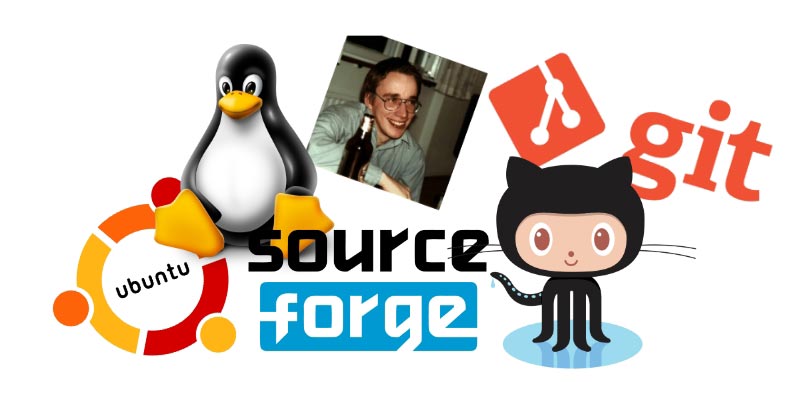In the ever-evolving landscape of software development, the Open Source Revolution stands as a transformative force, reshaping how software is created, shared, and improved. This article delves into the heart of the open source movement, exploring the principles that drive collaboration, the benefits it brings to developers and users alike, and the profound impact it has on the global software ecosystem.

- Defining Open Source: The Code of Collaboration: Open source refers to a collaborative approach to software development where the source code of a program is made freely available to the public. This fosters a culture of transparency, sharing, and collective innovation, challenging traditional notions of proprietary software.
- Community-Driven Development: A Global Collective: At the core of the Open Source Revolution is a global community of developers, contributors, and enthusiasts. This community-driven model encourages diverse perspectives, fosters inclusivity, and empowers individuals around the world to collaborate on projects of mutual interest.
- Transparency and Accessibility: Breaking Down Barriers: Open source projects prioritize transparency and accessibility. By making the source code openly available, developers can inspect, modify, and contribute to projects. This transparency breaks down barriers, enabling anyone with the skills and interest to participate.
- The Power of Forking: Divergence and Convergence: Forking is a powerful concept in open source development. It allows developers to create a copy of a project, make modifications independently, and potentially contribute those changes back to the original project. This process encourages experimentation, innovation, and the evolution of ideas.
- Licensing: Balancing Freedom and Responsibility: Open source projects operate under various licenses that dictate how the code can be used, modified, and distributed. These licenses strike a balance between the freedom to innovate and the responsibility to contribute improvements back to the community.
- Collaborative Platforms: Forging Connections: Collaborative platforms, such as GitHub and GitLab, serve as the digital hubs of the Open Source Revolution. These platforms facilitate version control, issue tracking, and seamless collaboration, providing a centralized space for developers to work together regardless of geographical locations.
- Continuous Integration and Continuous Deployment (CI/CD): Efficient Development Pipelines: The adoption of CI/CD practices is prevalent in open source projects. Automated testing and deployment pipelines ensure the reliability and quality of code changes. This efficiency accelerates the development cycle and enhances collaboration among contributors.
- Bounty Programs: Incentivizing Contributions: Bounty programs offer financial incentives for developers to contribute to open source projects. These programs encourage skilled individuals to focus on specific challenges or features, driving innovation and providing a means for contributors to earn recognition and rewards.
- Inclusive Documentation: Knowledge Sharing for All: Open source projects prioritize inclusive documentation, ensuring that contributors, regardless of their background or experience level, can understand and contribute to the codebase. This commitment to knowledge sharing strengthens the collaborative nature of the community.
- Impact on Industry and Innovation: Disrupting the Status Quo: The Open Source Revolution has had a profound impact on the software industry and innovation. From the widespread use of open source technologies in enterprise solutions to the emergence of entire operating systems built on open source principles, the movement continues to disrupt and redefine norms.
Conclusion:
The Open Source Revolution is more than a technological movement; it is a testament to the power of collaboration and shared knowledge. By embracing transparency, inclusivity, and a collective mindset, open source has not only revolutionized how software is developed but has also fostered a global community of passionate individuals driving innovation forward. As the revolution continues, it invites developers and enthusiasts alike to contribute, learn, and shape the future of software development in a collaborative and open environment.

